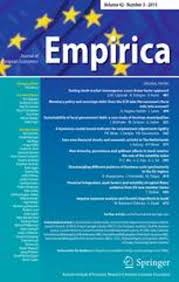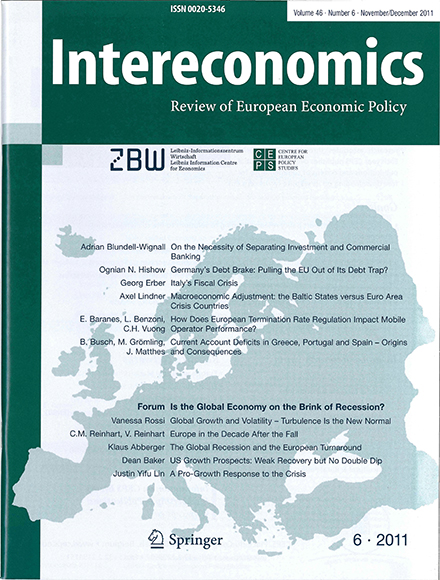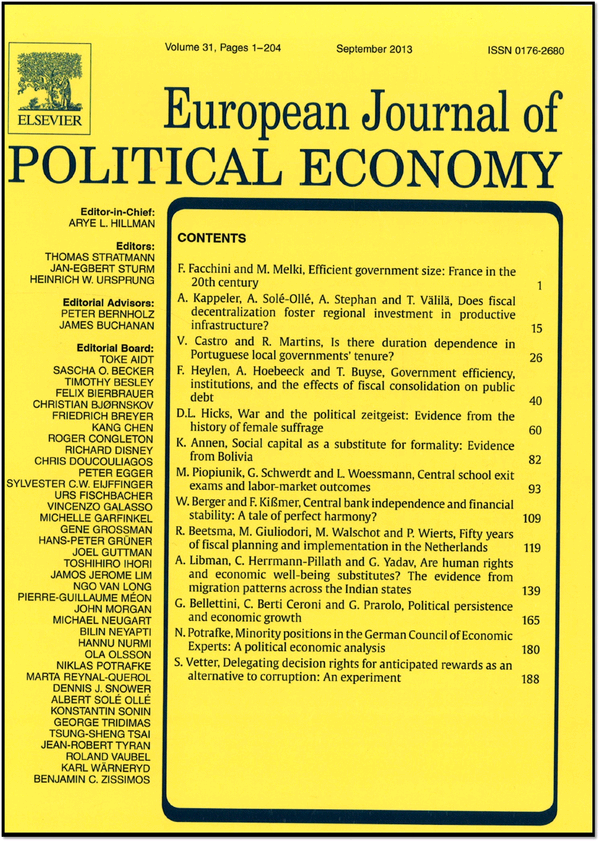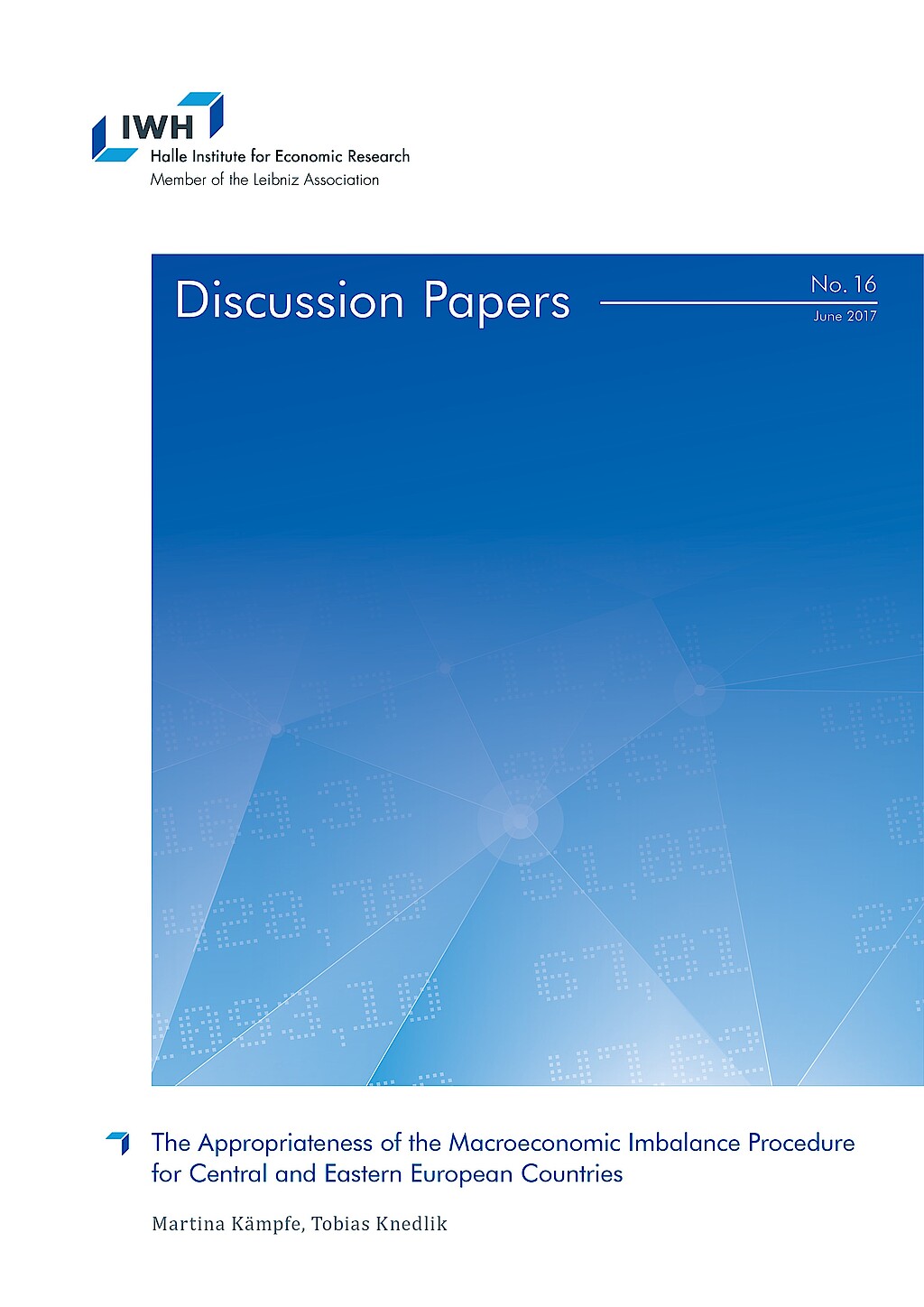Professor Dr Tobias Knedlik

Current Position
since 4/14
Research Professor
Halle Institute for Economic Research (IWH) – Member of the Leibniz Association
since 3/14
Professor of International Economics
Fulda University of Applied Sciences
Research Interests
- European and international economic policy: in particular financial crises
- international economics, exchange rate policy, international organizations
- growth and economic development
Tobias Knedlik joined the institute as a Research Professor in April 2014. His research focuses on the forecast and prevention of financial crises.
Tobias Knedlik holds the position of Professor of International Economics at Fulda University of Applied Sciences. Prior to that, he was working at IWH.








